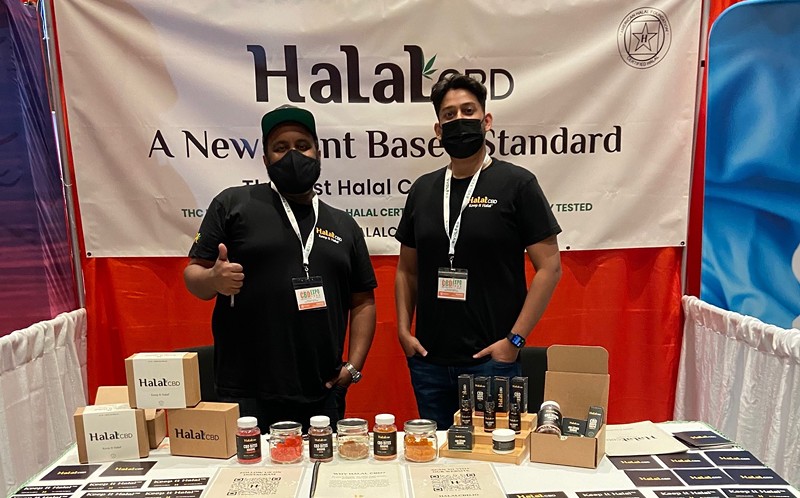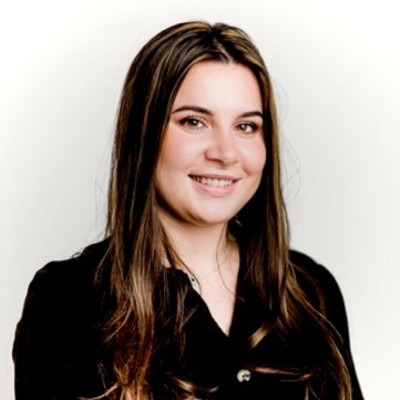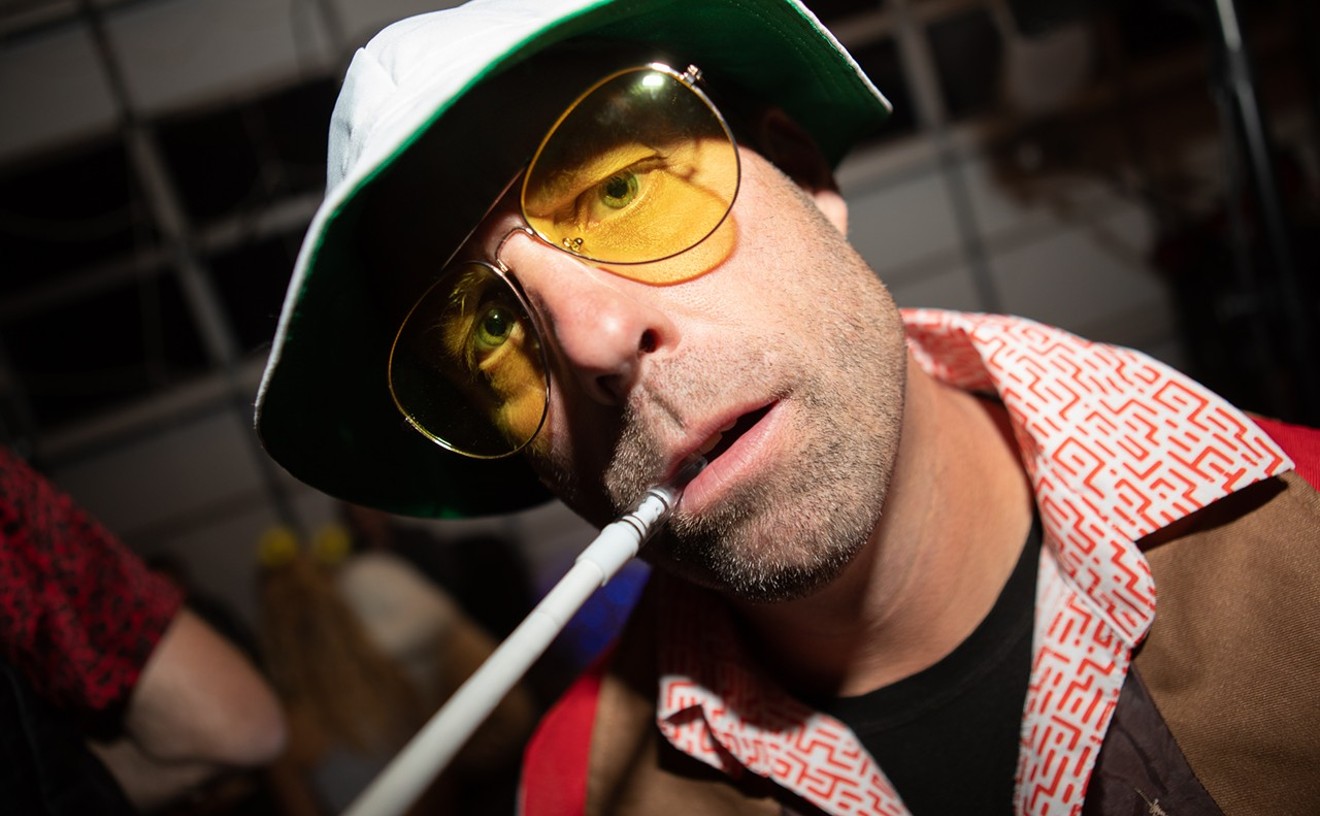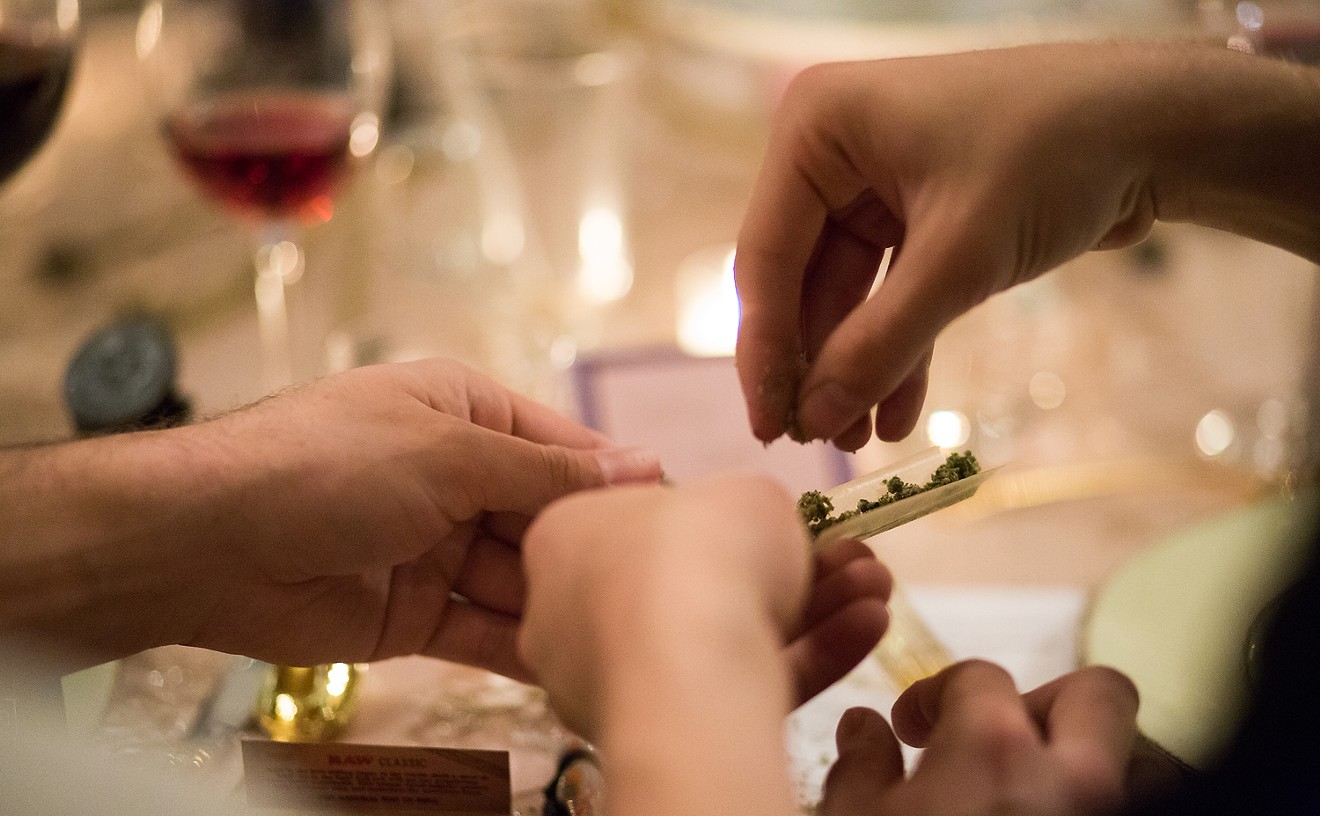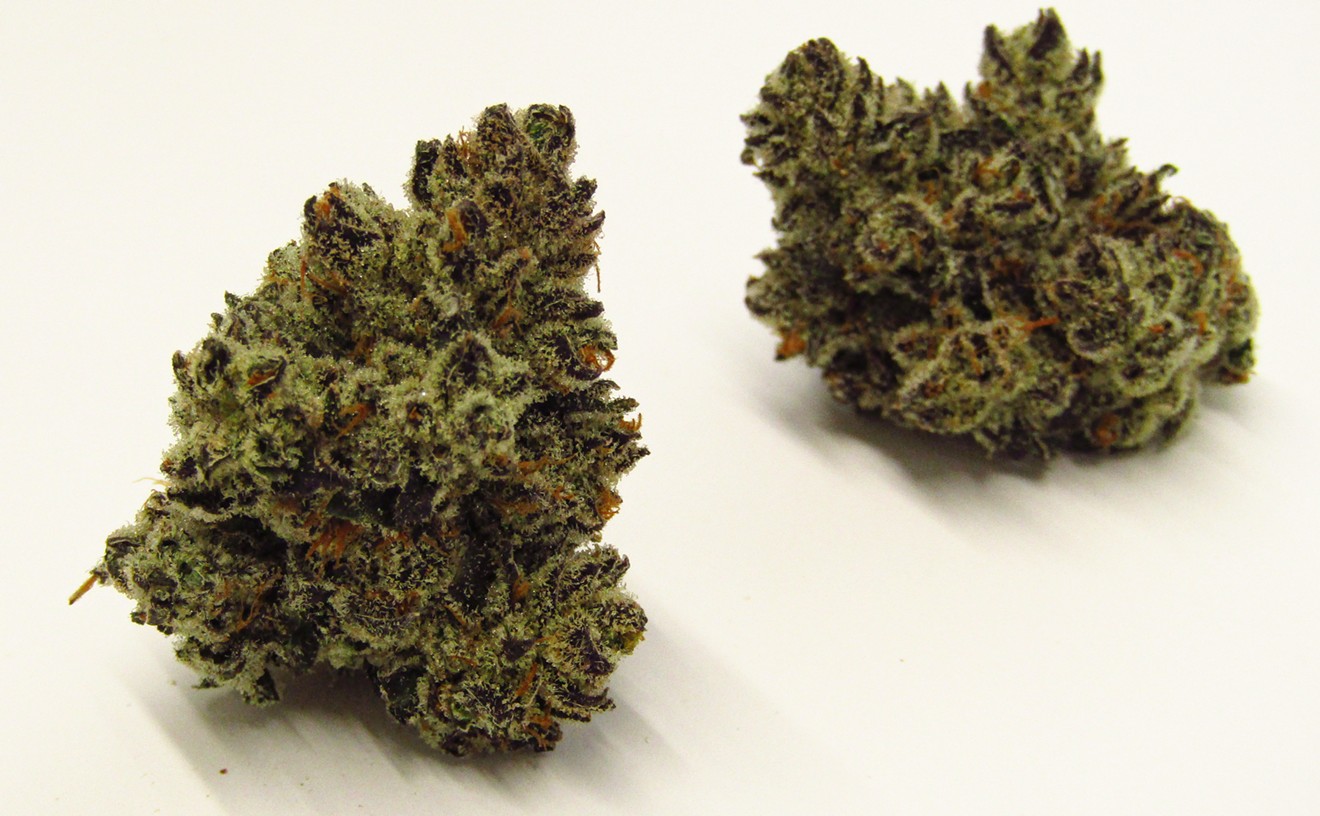Although the Qu’ran doesn’t explicitly forbid it, marijuana's intoxicating effects are highly contested within the Muslim community, which still debates whether the plant's use is considered haram (forbidden) and whether usage aligns with Islamic values. But CBD, a non-psychoactive compound found in cannabis, can be accepted within Islamic law through halal certification as long as it has zero THC in it. And so far, only one company has officially passed the halal check in the United States.
Made in accordance with Islamic rites, HalalCBD gummies, tinctures and topicals could open the door to a new group of CBD users. To learn more, we caught up with Fareed Syed, CEO of HalalCBD, to hear his thoughts on the growing use of CBD in the Muslim community and breaking cultural taboos.
Westword: What made you want to merge the halal industry with the CBD industry?
Fareed Syed: The halal industry is a rapidly growing industry throughout the world, so we really wanted to get our foot in the industry early, especially with this demographic. We started researching how to become halal-certified, and worked with the American Halal Foundation [an internationally accredited agency based out of Florida], and they helped us start the process to become the first Halal-certified CBD brand in the U.S. We began manufacturing around November of 2020, and we finished up production in early February, then began working with sellers and distributers around the U.S.
What are some challenges with introducing CBD to Muslims?
Mainly, the big stigma within the religion and culture when it comes to cannabis is because it’s so new, especially on the hemp side. We’re seeing what the benefits of it are, and what we can do to bring awareness of the benefits of the industry. For our demographic, [cannabis] has a stigma because they’re [often] against any intoxicants, so we found a way to introduce hemp into the culture, and that’s why we went the route of CBD. I’ve seen family and friends on medication; traditional pharmaceuticals don’t always work, and there has to be a different alternative out there. Doing more research on this industry really opened my eyes to that.
Do you see Muslim representation in the cannabis industry growing?
Yeah, 100 percent. The biggest reason I say that is honestly because of the feedback we’ve been getting from our customers and other industry leaders. I want to mention that it’s not easy to get a product halal-certified. We went through months of rigorous processes in order to get all of our products certified, and the biggest thing for us is transparency so we can build trust within the community. And it’s not just for Muslims; it’s for anyone looking to consume higher-quality products, similar to how kosher is. Nowadays when you see that label, you see that that product went through additional steps to get certified.
For our non-Muslim readers, can you explain what halal is and what qualifies CBD as halal?
Halal means permissible or lawful in Arabic [in accordance with Islamic doctrine]. What makes our CBD halal is that we’ve gone through the process to get our products certified, which is essentially an audit of what our ingredients, our manufacturing process, our storage process and other factors look like. Other companies might include additional ingredients that may not be considered halal, and although hemp is a plant that comes from nature, additional ingredients [and additives] may prevent the product from being considered halal. For a demographic that’s very new to this industry, we wanted to create a product that is certified — that’s gone through that whole process — so they know to trust what goes in there. We want to be a company that everyone can trust, with products that they can trust.
What’s your take on recent discussions around cannabis legalization in Muslim-majority countries?
It’s possible to introduce hemp without going toward the legalization of marijuana, although medical marijuana has its medical benefits. If there’s proper research studies done, these countries will see that there are benefits, and under the right supervision and structure of marijuana, it may one day be super beneficial and helpful.
What’s the future looking like for HalalCBD?
The biggest thing our focus is going to be on is in education: educating people on what cannabis is, especially our demographic, and for the people who are running this industry, we’re educating them on what the halal industry is. We plan on going to more trade shows, and we’re pretty much here to shake up the industry and marry the two industries — the halal industry and the cannabis industry — as well as raise awareness of the halal standard and bring it up to par with kosher, organic, vegan and gluten-free products. We want to do something different than other companies out there. We have a bit of homework to do, and we accept the challenge of educating these two massively growing industries while being a part of both of them.
[
{
"name": "Air - MediumRectangle - Inline Content - Mobile Display Size",
"component": "12017618",
"insertPoint": "2",
"requiredCountToDisplay": "2",
"watchElement": ".fdn-content-body",
"astAdList": [
{
"adType": "rectangle",
"displayTargets": "mobile"
}
]
},{
"name": "Editor Picks",
"component": "17242653",
"insertPoint": "4",
"requiredCountToDisplay": "1",
"watchElement": ".fdn-content-body",
"astAdList": [
{
"adType": "rectangle",
"displayTargets": "desktop|tablet"
},{
"adType": "rectangle",
"displayTargets": "desktop|tablet|mobile"
}
]
},{
"name": "Inline Links",
"component": "18838239",
"insertPoint": "8th",
"startingPoint": 8,
"requiredCountToDisplay": "7",
"maxInsertions": 25
},{
"name": "Air - MediumRectangle - Combo - Inline Content",
"component": "17261320",
"insertPoint": "8th",
"startingPoint": 8,
"requiredCountToDisplay": "7",
"maxInsertions": 25,
"watchElement": ".fdn-content-body",
"astAdList": [
{
"adType": "rectangle",
"displayTargets": "desktop|tablet"
},{
"adType": "rectangle",
"displayTargets": "desktop|tablet|mobile"
}
]
},{
"name": "Inline Links",
"component": "18838239",
"insertPoint": "8th",
"startingPoint": 12,
"requiredCountToDisplay": "11",
"maxInsertions": 25
},{
"name": "Air - Leaderboard Tower - Combo - Inline Content",
"component": "17261321",
"insertPoint": "8th",
"startingPoint": 12,
"requiredCountToDisplay": "11",
"maxInsertions": 25,
"watchElement": ".fdn-content-body",
"astAdList": [
{
"adType": "leaderboardInlineContent",
"displayTargets": "desktop|tablet"
},{
"adType": "tower",
"displayTargets": "mobile"
}
]
}
]

